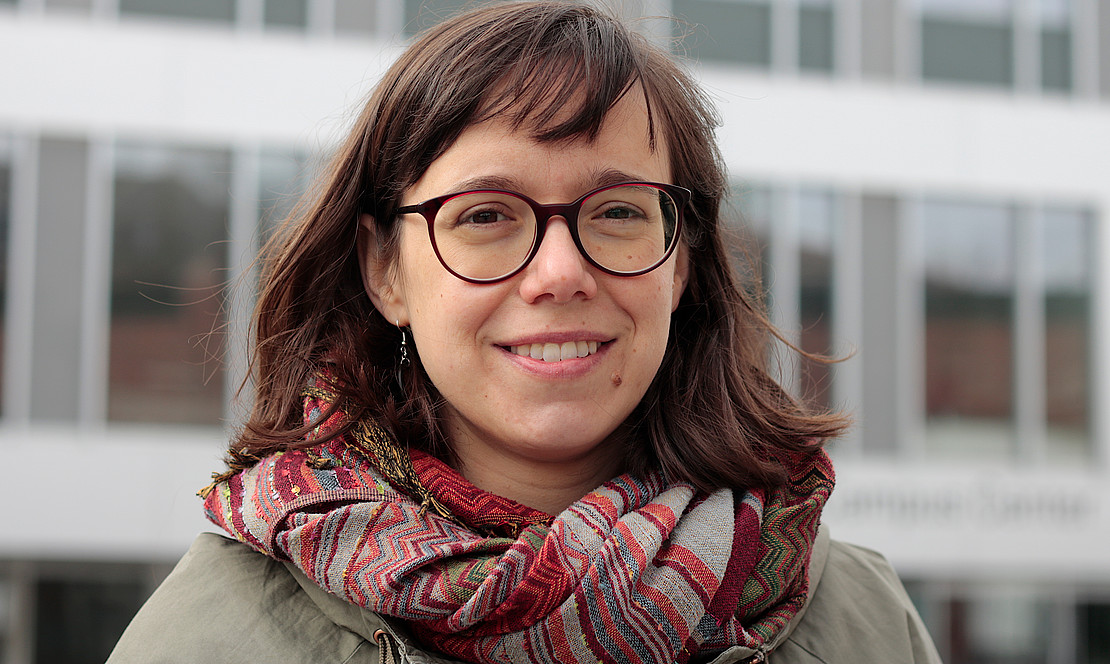This page contains automatically translated content.
What drives me - Kassel doctoral candidates and their topics

Technological innovations, the high price of gold and political reforms have made industrial gold mining profitable in Argentina and are attracting foreign investors. Across the country, mining companies now operate more than a dozen industrial gold mines. However, the social and environmental consequences of gold mining often lead to conflicts with the local population in the mining regions.This is where my dissertation on transnational mining companies and local politics comes in.
I was able to win Prof. Dr. Hans-Jürgen Burchardt at the Department of International and Inter-Societal Relations at the University of Kassel as my supervisor. I have been working with him as a research assistant since 2016. During my field research in Argentina, I quickly realized that the thematic field of industrial gold mining is complex. In particular, the role of transnational mining companies is rarely studied and their actions in mining regions are often discussed only as "good" and "bad." In addition to gold mining, companies also invest in social projects in mining regions. For example, one company supported a pumpkin plantation, while another granted microcredits and ran educational programs. In this way, they provided local people with work and training opportunities and a source of income. At least for the life of the mine of about 15-20 years. The main aim of these measures is to gain local support. In the past, it was not uncommon for mining projects to be abandoned because of protests from the local population. The programs are problematic, however, because the companies often compensate for a lack of government investment in the education, health and local economic sectors and take on quasi-governmental tasks. In this way, a process of mutual dependencies is created.
Text Dennis Müller